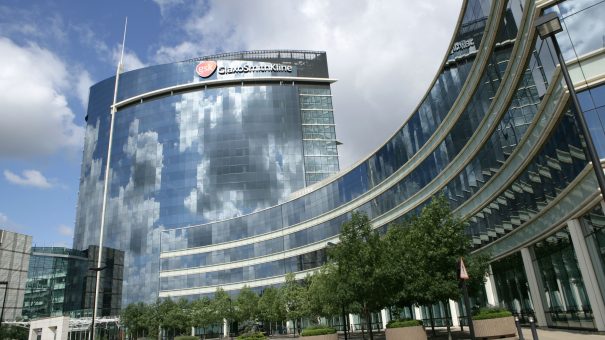GlaxoSmithKline is closing in on EU approval for its first-in-class BCMA-targeting drug Blenrep, after getting a green light from the EMA’s human medicines committee.

Blenrep, based on the antibody-drug conjugate belantamab mafodotin, has been recommended for conditional approval by the CHMP in adult patients with the blood cancer multiple myeloma whose disease has progressed despite at least four earlier therapies.
Prior drugs have to include an immunomodulatory agent, a proteasome inhibitor and a CD-38 monoclonal antibody, says the CHMP.
The positive opinion put belantamab mafodotin on course for approval on both sides of the Atlantic, after an FDA advisory committee voted 12-0 in favour of the ADC at a meeting earlier this month, despite concerns about eye toxicity in some patients.
The CHMP opinion is based on two mid-stage trials – DREAMM-1 and DREAMM-2 – which showed that Blenrep achieved responses in around a third of patients who had received an average of seven prior treatments for the cancer.
Conditional approval means GSK will have to provide data from an additional phase 3 study comparing Blenrep with Pomalyst plus low-dose dexamethasone, the standard treatment option for relapsed and refractory multiple myeloma – in order to stay on the market.
“If approved, belantamab mafodotin will provide patients and physicians across much of Europe with a first-in-class anti-BCMA treatment option that works differently from other available therapies for this incurable disease,” said GSK’s head of oncology R&D Dr Axel Hoos.
For patients who have already been treated with the three major classes of drugs and no longer respond to them, the outlook is “still bleak,” according to the CHMP, with patients typically surviving three months or less.
Blenrep has been tipped as a future $1.5 billion blockbuster by analysts at Jefferies, although it is heading into what looks set to become a highly competitive category, with several other BCMA-targeting drugs following closely after in development.
In hot pursuit are CAR-T therapies from Bristol-Myers Squibb/bluebird bio and Johnson & Johnson, bispecific antibodies from Amgen, Regeneron and BMS/bluebird, and rival ADCs from AstraZeneca and BMS/Sutro Biopharma.
GSK’s drug has stayed ahead of the following pack thanks to its inclusion in the EMA’ PRIME scheme, designed to accelerate access to new drugs for diseases that desperately need new treatment options, as well as breakthrough and priority review designations in the US.
Blenrep is a key part of GSK’s ambition to regrow its oncology business, along with expanding the approval indications for PARP inhibitor Zejula (niraparib) – acquired as part of its $5.1 billion takeover of Tesaro – and getting its PD-1 inhibitor dostarlimab approved in its first indications.
